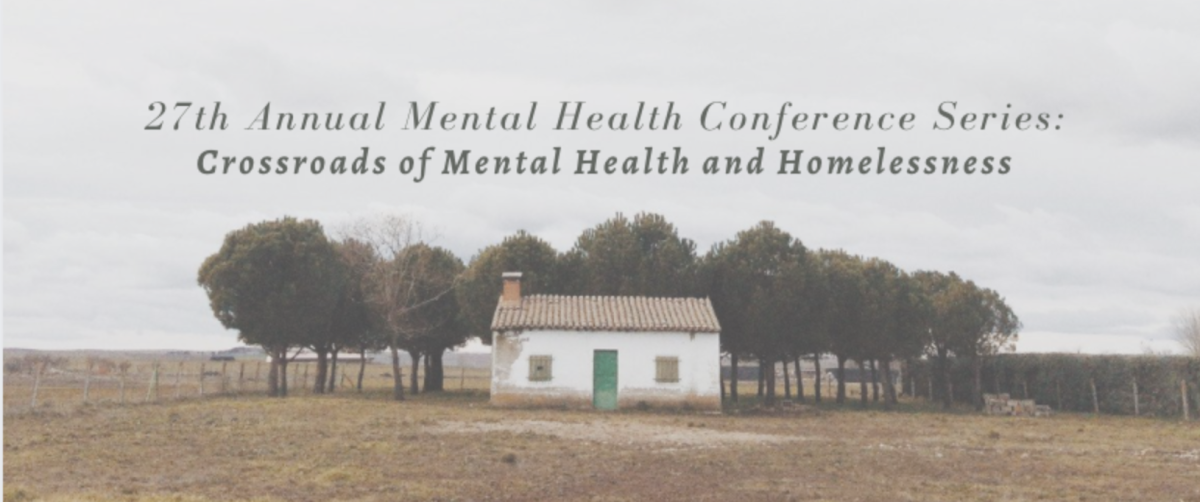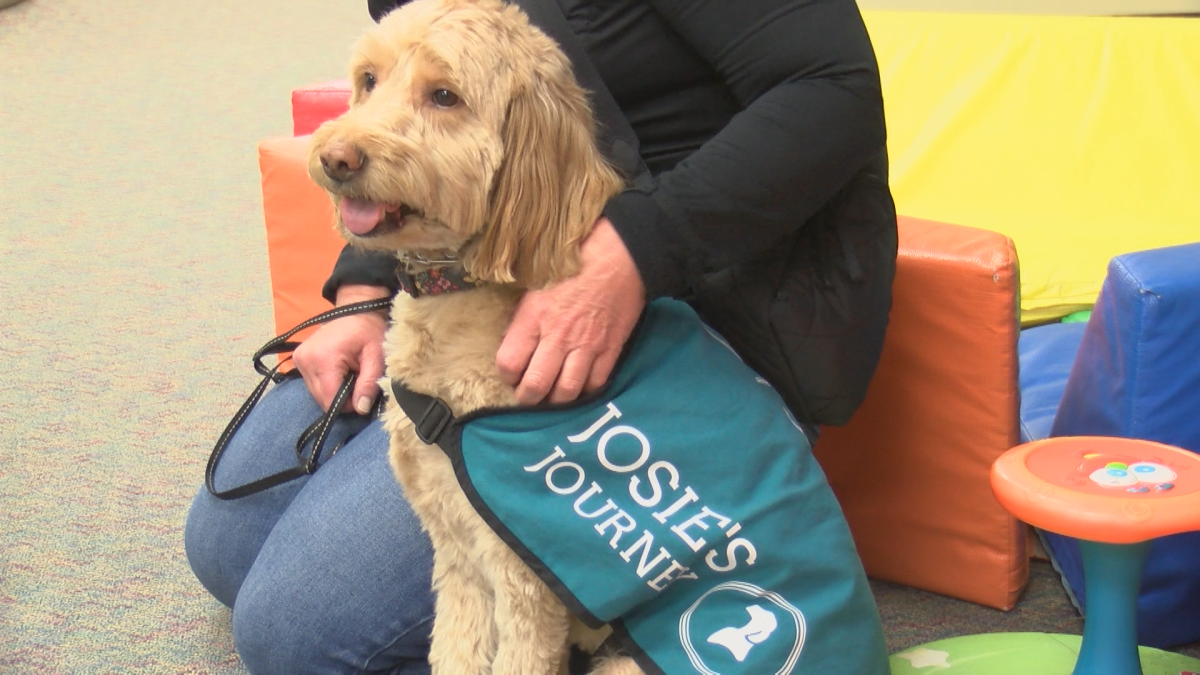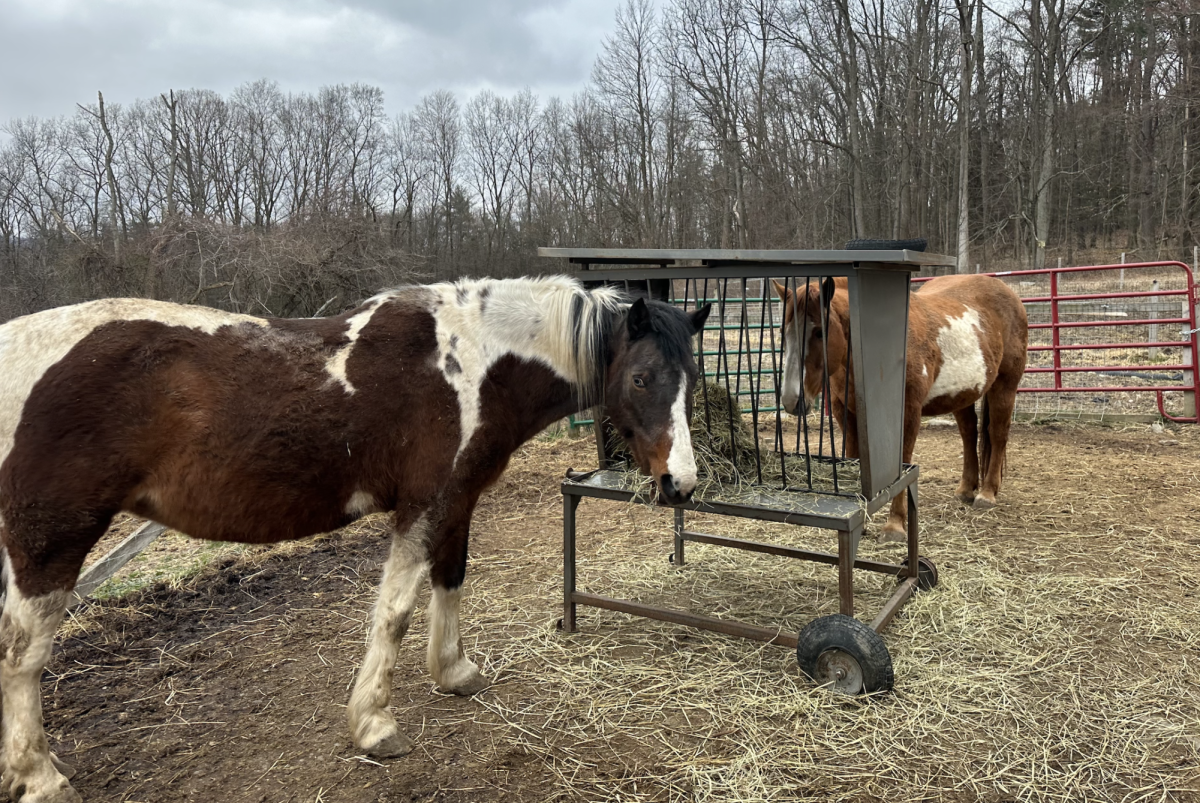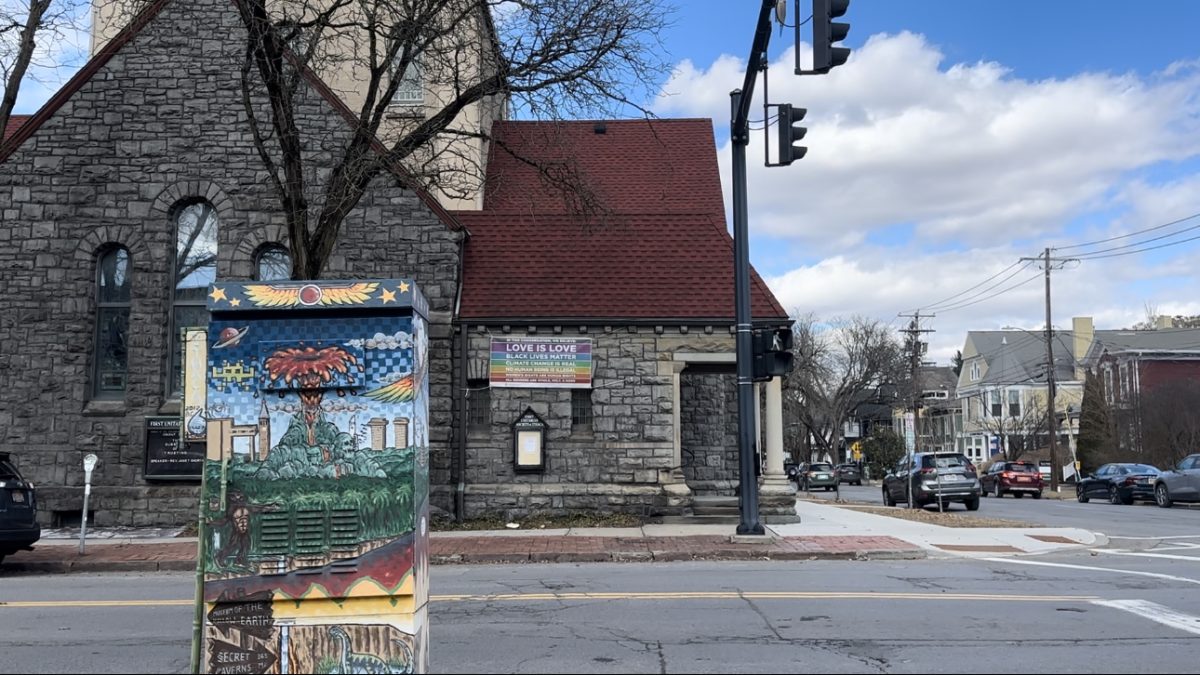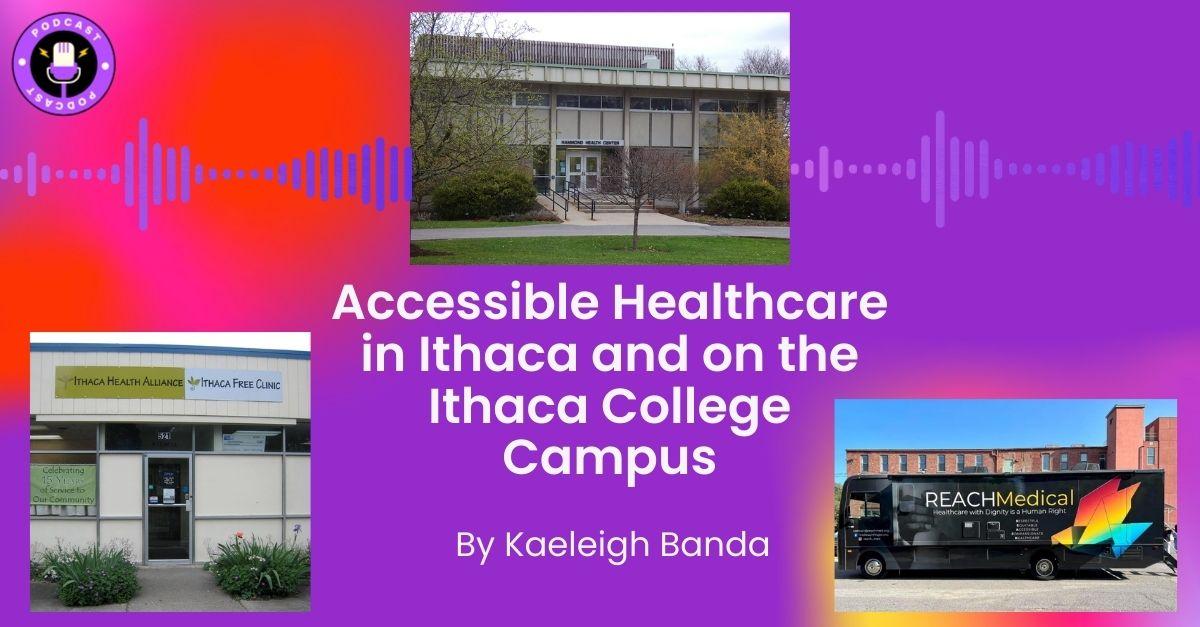The Suicide Prevention & Crisis Service, a nonprofit that provides direct support to people experiencing crises or trauma, held the 27th Annual Mental Health Conference Series: Crossroads of Mental Health and Homelessness online Dec. 1-4. As the keynote speaker, City of Ithaca Mayor Svante Myrick introduced the five-part series, which invited the public to discuss the intersection between mental health and homelessness with local experts.
“Most of the voters in the city I know seem to have an understanding now that there are a lot of folks who are suffering greatly from substance abuse disorders and mental illness— and that is why they’ve been unable to stay housed,” Myrick said. “What I don’t know if people know is how being homeless or housing insecure can affect your mental health.”

Staff members of human service organizations located in Tompkins County helped plan the event and presented throughout the conference series with the intent to educate the public on chronic homelessness, explain which services are available in the community and develop approaches to the multifaceted issue.
Teri Reinemann, New York Connects Coordinator of the Finger Lakes Independence Center and facilitator of the housing outreach panel, said experts across different human service sectors are needed to piece together connections between mental health and homelessness.
“We explore topics in different ways so people can understand that there is a complexity, that there are not easy answers to these issues being raised,” Reinemann said. “I also think it’s good for people who are experiencing these issues to see that there are people working on it, and understand what some of our constraints are as service providers.”

Myrick recognized that about 50 people currently reside in “The Jungle,” an encampment of makeshift shelters located in a wooded area off of Meadow Street, in addition to the hundreds of locals facing housing insecurity. Myrick focused on three main steps toward ending homelessness in Ithaca: removing stigmas related to mental illness and homelessness, shifting efforts upstream with preventative resources targeted at youth, and adopting a housing first model.
“We need to convince folks that poverty is not a moral failing and mental illness is not the opposite of mental health,” Myrick said. “And if we can convince all decision makers to drop the stigma around the unhoused and those with mental illness, we will find a more humane set of policies emerge naturally— policies like housing first.”
Housing services director of Tompkins County Action Danielle Harrington and Liddy Bargar, coordinator of housing initiatives at the Human Services Coalition led part two of the conference series in which attendees learned about the process of attaining no- or low-income housing with local providers, as well as causes and effects of homelessness.

Sixty people attended the outreach panel of representatives from Second Wind Cottages, Family and Children’s Service of Ithaca, Loaves and Fishes, and St. John’s Community Services, who offered their boots-on-the-ground perspective.

“My experience in going out there and working with people has revealed that if people do not enter homelessness with a mental health diagnosis, it’s clear to me homelessness causes acute mental health problems— which often lead to chronic mental health diagnoses,” Wilke said.
On Dec. 3, Richard Shaw from the Tompkins County Mental Health Services and Tracy Decker from Lakeview Health Services explained what’s known as the Single Point of Entry, or the process of housing people diagnosed with serious mental illness.
Marla Byrnes, President of the National Alliance on Mental Illness in Syracuse, NY, and attendee said, “This event is important so that people know about the many services available to help people change course and find stability.”
Click here for mental health resources in Tompkins County.

